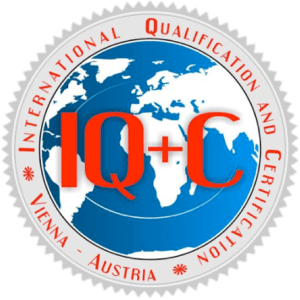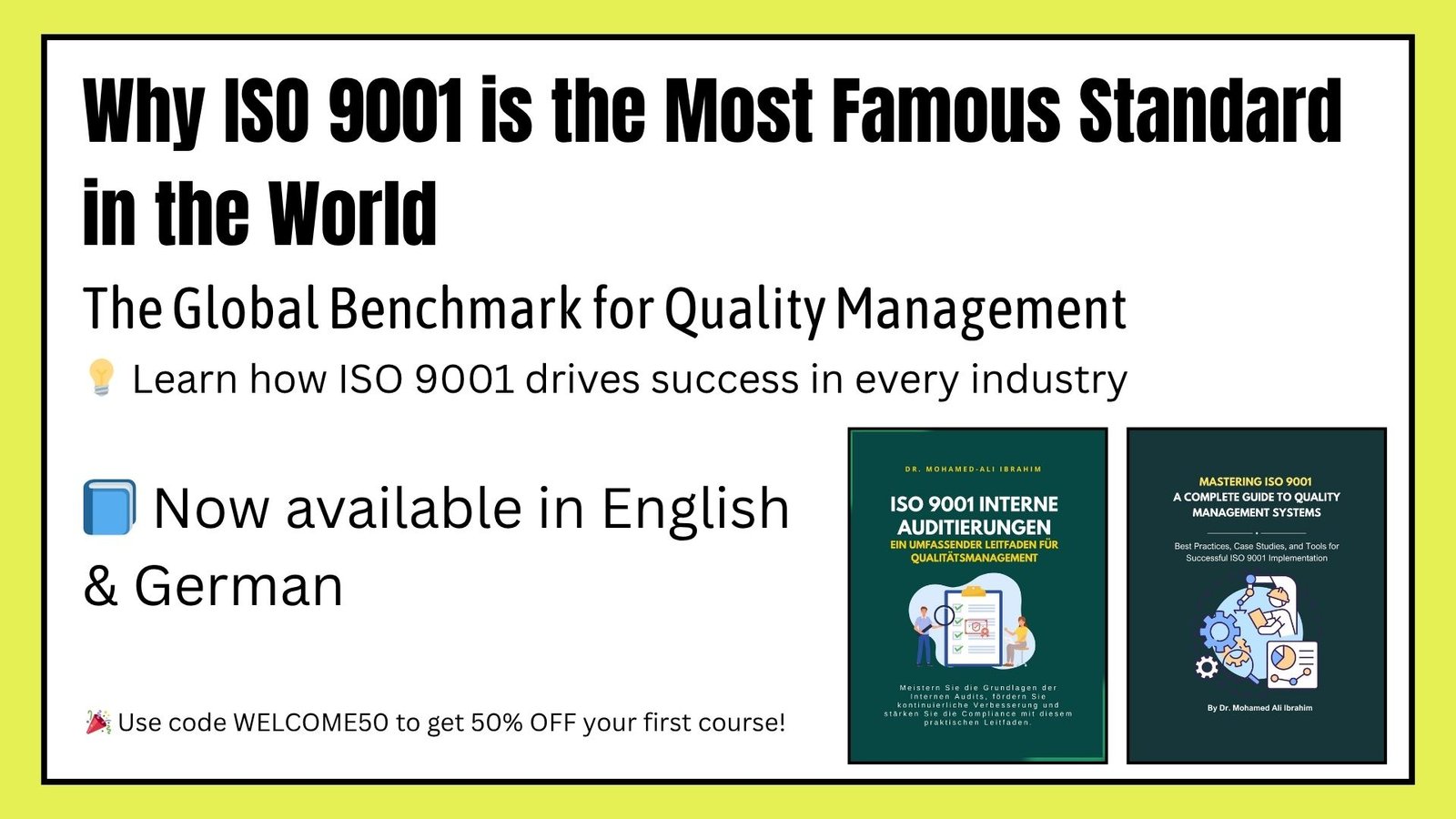Looking for How To get ISO Translation Certification? To opt for a translator as a career, you usually need a bachelor’s degree, some certifications, and one to three years of experience. However, becoming fluent in a foreign language besides your native language is the most critical condition. So, to become a professional translator, you should take the following steps:
- Learn a new language and become fluent in it.
- Get Translation Coaching.
- Obtain certification.
- Choose a specific industry and become familiar with the terms.
- Get some work experience.
1. Learn a new language and become fluent in it.
You must be fluent in any second language to work as a professional translator. If you were brought up in a multilingual environment, you might get an easy kick start, or you can opt to study a language extensively via schooling. If you have made up your mind from the start, choose a language to study in high school, continue learning throughout college and get a bachelor’s degree in your desired language.
You should be well-versed in the languages you work with, and the language elements include grammar structures, specific terminology, and cultural knowledge. Moreover, studying your native language can also help you explain everything works and understand how non-native speakers would approach it.
2. Get Translation Coaching
Even if you are a native language speaker, you will need to improve your translation skills. Being able to generate precise and reliable translations generally necessitate specialized training in addition to language education. Many universities and colleges offer technical programs that might help you prepare for a career in translation.
3. Obtain certification
Although certification is not essential to provide translation services, it does establish that you have the relevant skills and may help you stand out to companies. i-LICS offers a 12-weeks of translation coaching for anyone willing to join the field. It may also be beneficial to earn credentials in an area you wish to translate. For example, obtaining a qualified paralegal could help you land a position as a translator in the legal profession.
4. Concentrate on a single industry and understand the terminology.
Once you’ve mastered a language and settled on a career path, you’ll need to learn industry-specific vocabulary. Knowing the relevant vocabulary will come in handy when translating for the field you wish to work in. If you’re interested in medicine, you might want to learn medical terminology to improve your vocabulary and translation skills.
5. Get hands-on experience
Getting a career as a translator, like many other vocations, necessitates relevant work experience. One option to get relevant experience for your resume is to offer contract or freelance translation Coaching. Volunteer work is also another excellent option for gaining knowledge. Translators can volunteer in a variety of community organizations and hospitals. Whether paid or unpaid, internships are another way to get valuable work experience.
Where can you get Translation Coaching to kick start your career as a professional translator?
Translation Standards has been working in the Translation and Localization coaching industry for more than a decade and has provided services to many satisfied clients. It is a great place to get the coaching you need and even apply for translation standards certifications.




Leave A Comment